Blog

Dairy Dilemma: The Buzz on Biogas
Dairy farming poses several environmental challenges, especially with the expansion of mega-dairies. As Shavu’ot approaches, JIFA talks with Trevor McCarty, Policy Manager at Farm Forward, about the role of biogas digesters in dairy farming and their implications for consumers and communities.

Micah Siva: My Jewish Veg Journey
I first had the idea to stop eating meat when I was around 12 years old. Like many, I was plagued by “stomach troubles” and

“Magic for Animals”: A Purim Q&A With Liz Toonkel
Liz Toonkel is a Jewish performance artist, filmmaker, and magician who is committed to using her role in the world to advocate for a better collective future.
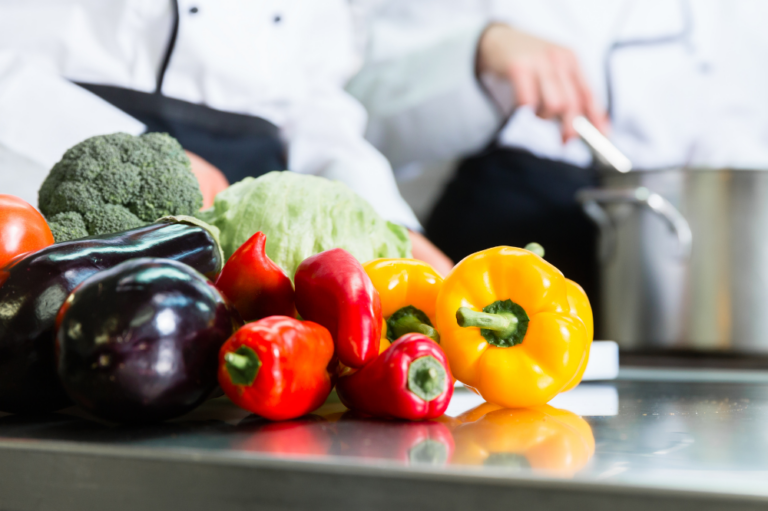
The Importance of Organizational Food Policies for Jewish Institutions
A brief history of Tu B’Shvat, the New Year for Trees, and what this holiday can teach the Jewish community about our food choices, year-round.
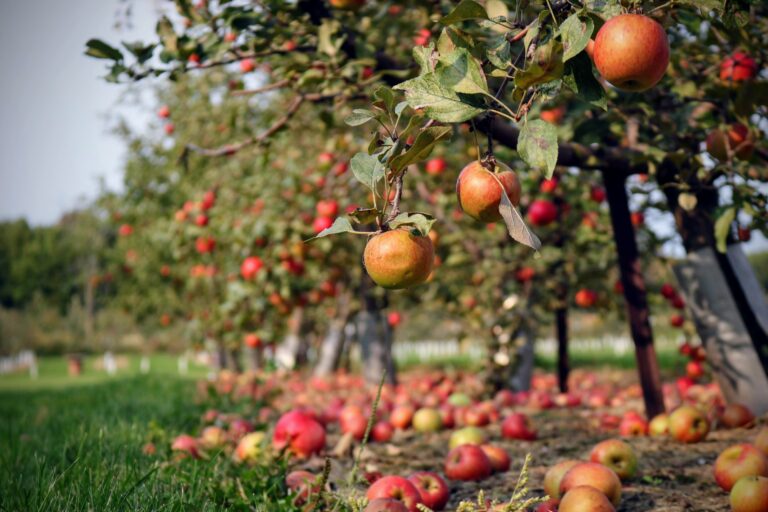
Tu B’Shvat: How an Ancient Jewish Holiday Connects to our Present Day Food Choices
A brief history of Tu B’Shvat, the New Year for Trees, and what this holiday can teach the Jewish community about our food choices, year-round.

JIFA Partners with the Rabbinical Assembly for Sustainable Dining
This program provides a way for institutions to achieve sustainability goals with the practical and educational support from JIFA’s team and the leadership support of the Conservative Movement.
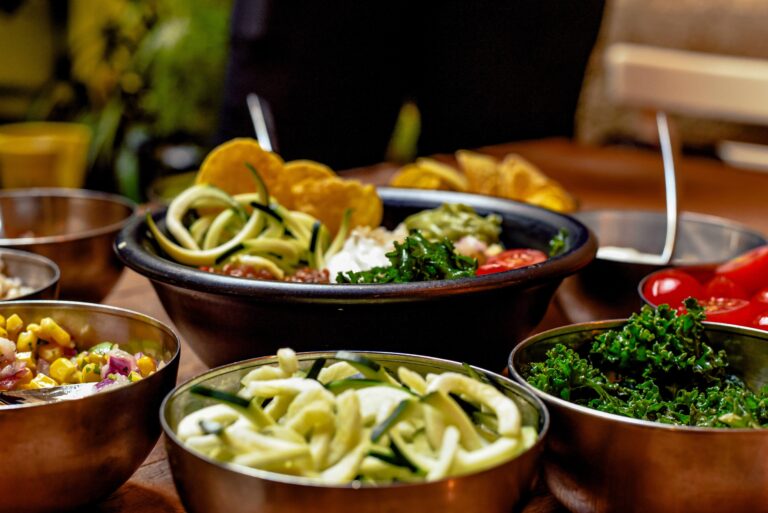
Keeping Kosher in a Vegan Restaurant: A path to addressing the larger question of factory farms
In the face of the widespread harm caused by industrial animal agriculture, in what ways can Judaism promote more sustainable and ethical eating?
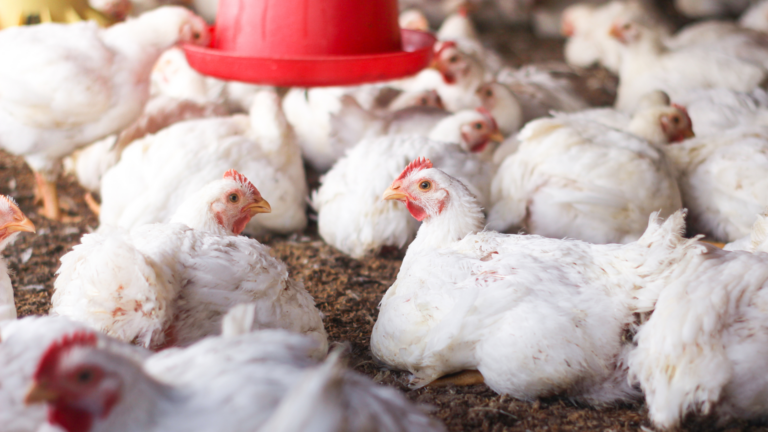
Kosher Production Suffers from Low or No Animal Welfare Standards
Since kosher certifications lack purview over how animals are bred, treated, and handled prior to slaughter, a third party auditor is one way to verify that farms meet higher welfare standards. Unfortunately, no third party certification currently includes comprehensive standards for kosher meat products, and therefore no kosher meat products are certified as higher welfare.
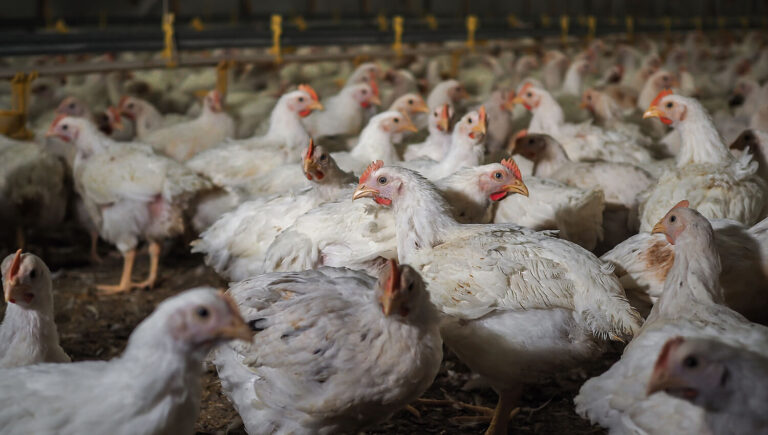
Genetic Welfare and Outdoor Access Aren’t Different for Kosher
Kosher certifications lack purview over how animals are bred, treated, and handled prior to slaughter. Unhealthy genetics and restricted or no access to the outdoors are conditions consistent across animal production in the United States and, increasingly, the world, including for animals that are certified kosher.
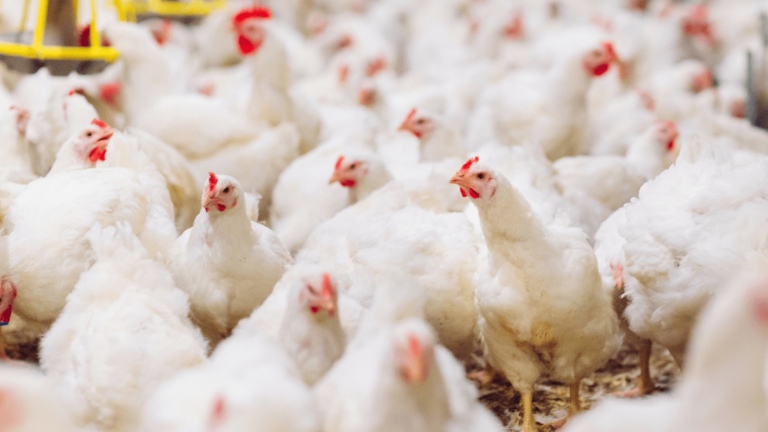
Virtually All Kosher Products are Factory Farmed: Here’s how we know.
People commonly believe that kosher production is different from the rest of conventional industrial farming, and that animals raised and slaughtered for the kosher market
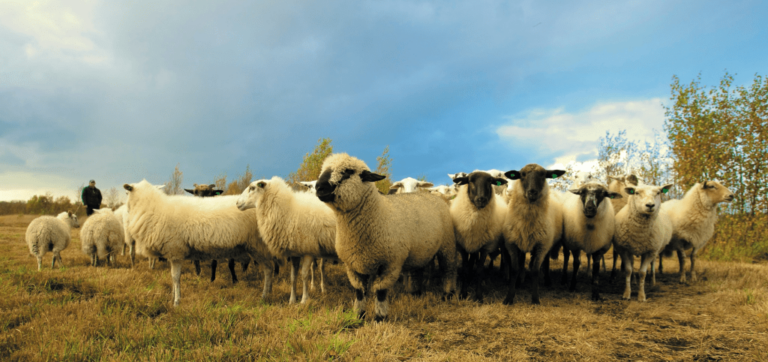
The New Year for Animals: A Moment for Individual Reflection
Philosopher Rene Descartes asserted that animals lacked souls and feelings, and therefore one could do with them as one pleased. Descartes’ conception of animals still rationalizes the way we treat animals on factory farms today.
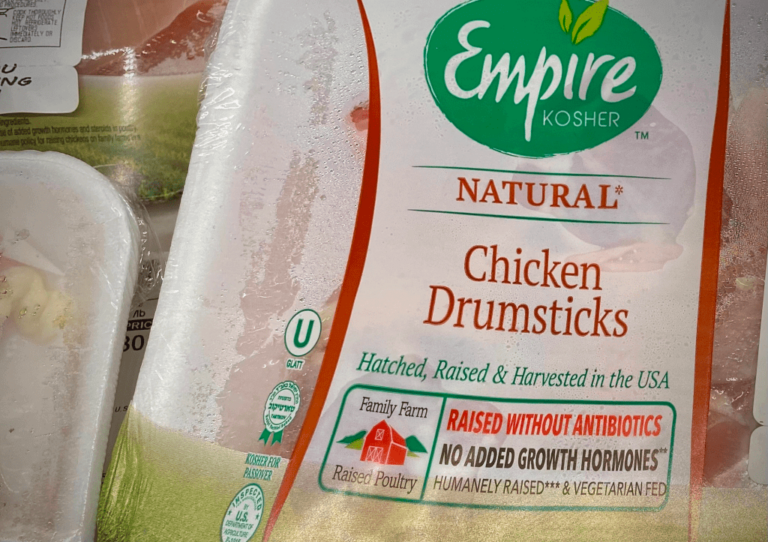
Kosher Animal Agriculture, Like Other Factory Farming, Depends on Drug Use
Earlier this year, JIFA released the results of groundbreaking testing of Empire kosher chicken taken directly from grocery store shelves. The drug we found, fenbendazole, is an antiparasitic used widely in industrial animal farming to treat common infections that occur in poultry raised on crowded factory farms.
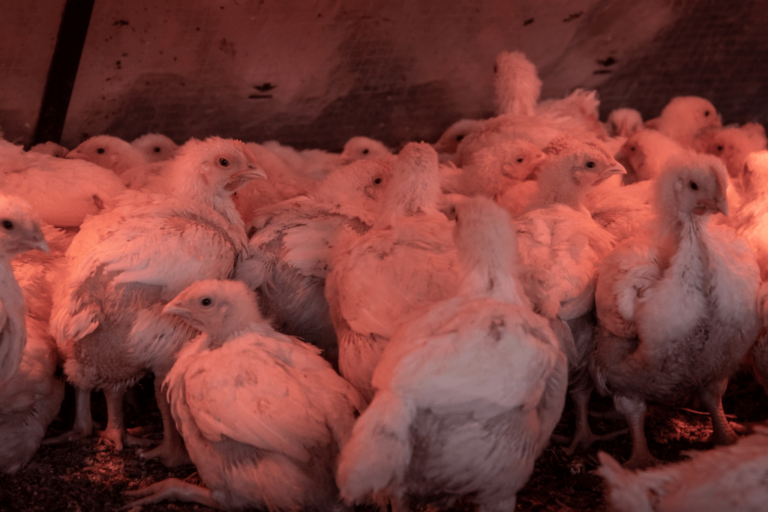
Why Kosher Chicken Shortages Spell a Need for Change
Kosher companies and Jewish media are sounding an alarm that kosher chicken is in short supply in anticipation of Passover.

New Research Shows Shoppers Mistakenly Believe Kosher is Better for Animals
The data confirms what JIFA has inferred from previous research that shows people think kosher food is inherently better: consumers, both Jewish and non-Jewish, extend this belief to the way farmed animals are bred and raised, despite the fact virtually all kosher and non-kosher meat, poultry, dairy, and eggs come from animal raised on factory farms.
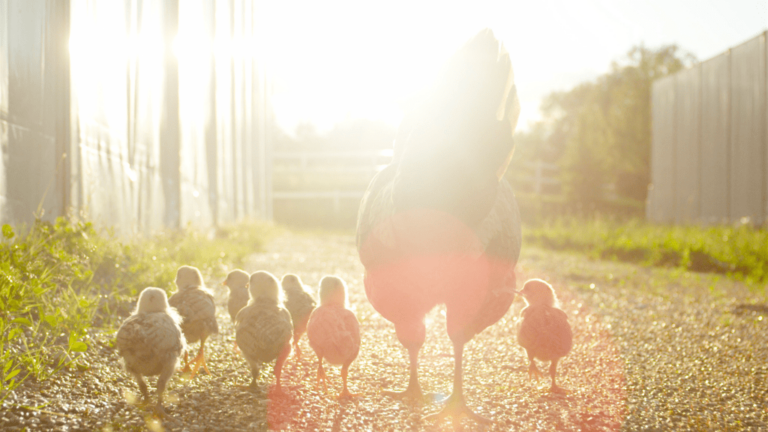
Advancing Jewish Ethics of Food and Farmed Animals—Together
It’s only with cooperation and allyship of organizations and Jewish leaders that we elevate a vision for a more harmonious, resilient, and just food system. Achieving this change will require the participation of Jewish organizations and leaders that haven’t yet addressed factory farming and its impact on Jewish communal life.

Making Sense of Hanukkah’s Dairy Tradition
Whether it’s latkes, sufganiyot, keftes (fried vegetable patties), or sfenj (North African doughnuts), Jews from all backgrounds can come together around a central culinary trend for Hanukkah: deep-fried foods, full of oil aplenty, to honor the Hanukkah miracle of the Temple’s long-burning oil. It may come as a surprise to many, then, that a different Hanukkah menu is recorded in the most central code of Jewish law.
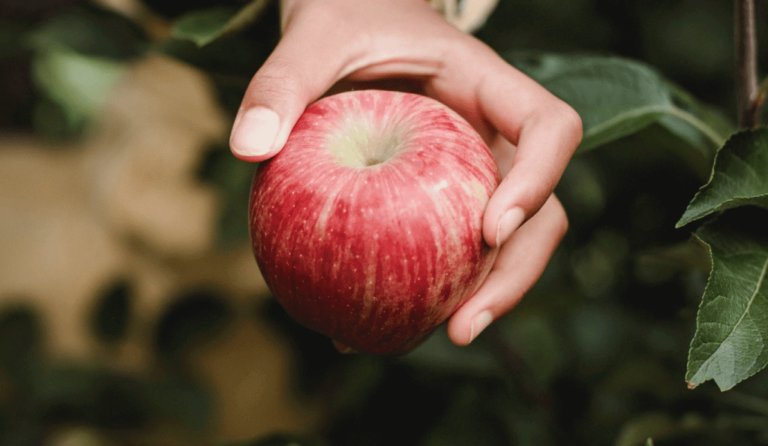
The shemitah year calls us to repair a broken food system
Our modern food system puts little value on rest. Our system operates with an assumption of infinite capacity, and in ignorance of all creation’s basic need for relief.
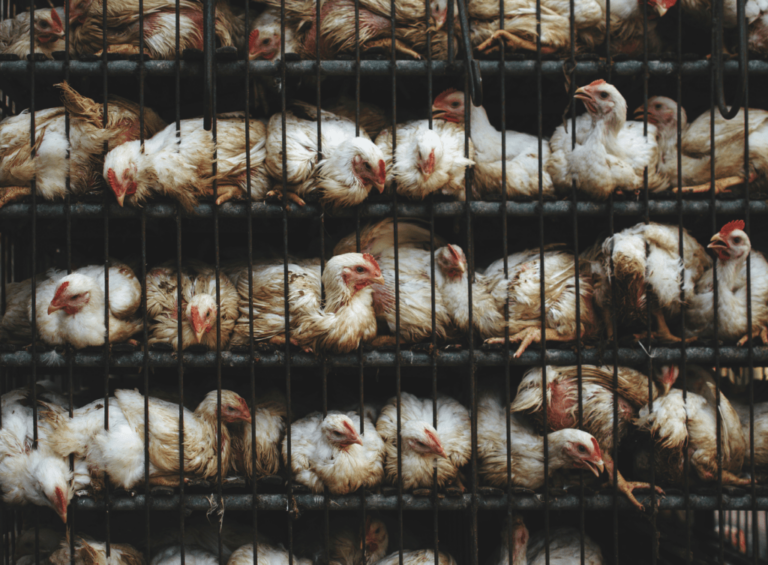
The Meaning of Kosher
The concept of kosher has been a mainstay of Jewish life for centuries. Ancient kashrut laws have provided Jewish communities with a framework for determining which foods are “fit to eat” and how to slaughter animals according to approved religious procedures.